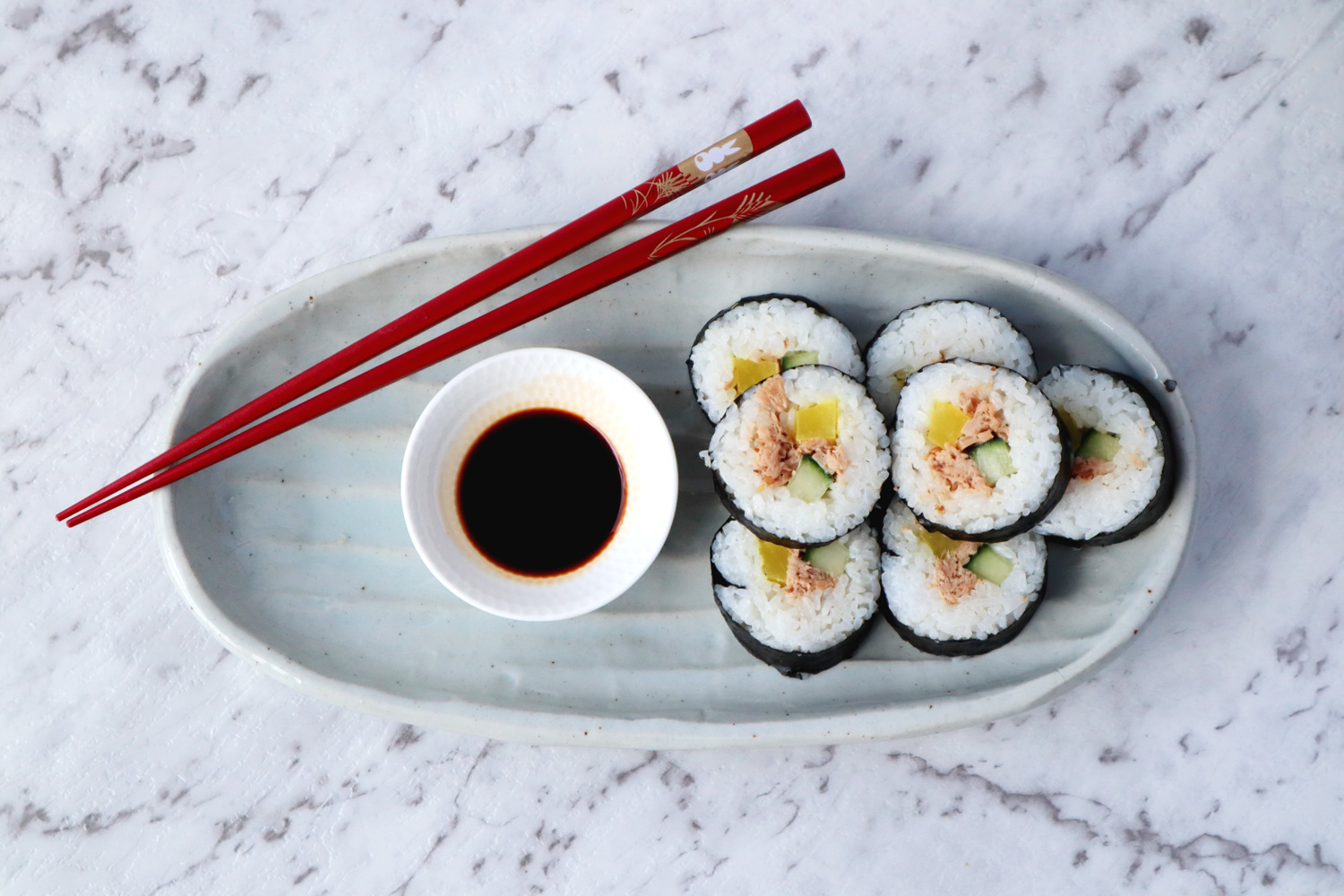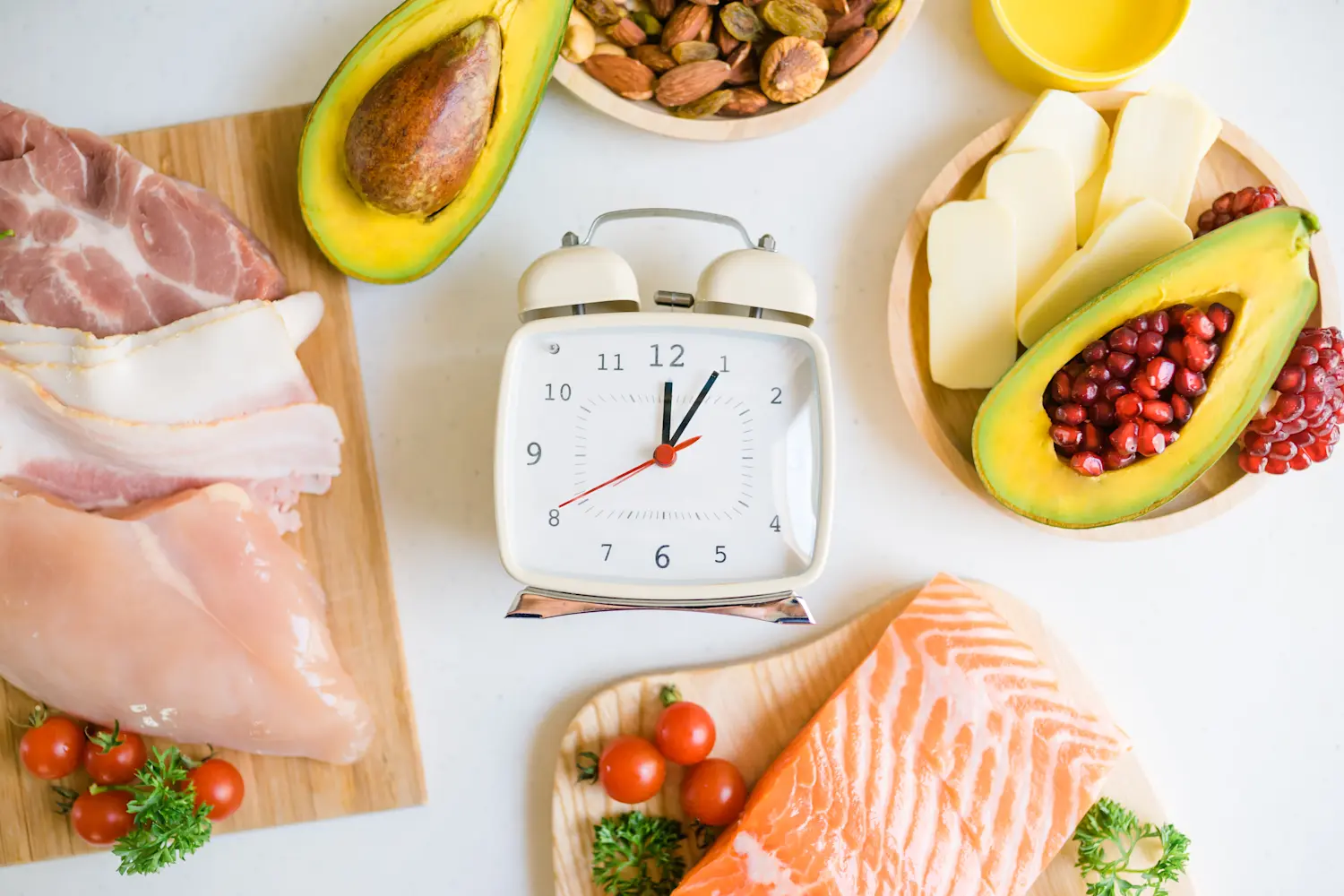
The journey toward health and wellness is often filled with well-intentioned efforts. We commit to regular exercise, try to make healthier food choices, and even experiment with popular dietary trends, all with the goal of feeling better and managing our weight. Yet, for many, the scale remains stubbornly resistant, or worse, creeps upwards despite their best endeavors. It’s a frustrating paradox, leaving countless individuals wondering why their hard work isn’t yielding the desired results.
The truth is, weight management is far more complex than the simplistic “eat less, move more” mantra often suggests. While eating an abundance of fast or calorie-rich food or skipping exercise are undeniable culprits, there’s a more insidious category of habits at play—those that appear beneficial on the surface but are secretly making you pack on pounds. These are the undercover missteps, the avoidable mistakes that can derail your progress without you even realizing it.
To shed light on these hidden pitfalls, we’ve gathered insights from leading nutrition and health experts, including Functional Nutritionist Danielle Pashko, author of “Breaking Your Fat Girl Habits: weight loss mistakes even healthy chicks make!” They reveal common practices that, despite their healthy facade, can subtly contribute to weight gain. Let’s embark on this investigative journey to uncover these surprising sabotages and empower ourselves with the knowledge to truly support our weight loss goals.

1. **The “I Can Eat Whatever I Want If I Exercise” Fallacy**It’s a tempting thought, isn’t it? After a grueling workout, the idea that you’ve earned a free pass to indulge in anything your heart desires can be incredibly appealing. Many of us fall into the trap of believing that intense physical activity automatically grants us immunity from calorie consequences, leading to an “exercise to eat” mentality. However, this common misconception is a significant pitfall on the path to weight management.
Functional Nutritionist Danielle Pashko urges us to “think again” if we subscribe to this belief. She explains that “Over-exercising can trigger intense hunger, leading you to consume more calories than you burned.” It’s a deceptive cycle: the more you push your body, the more ravenous you might feel, potentially leading to an intake that far surpasses the energy expended. Without mindful eating and an awareness of total calorie consumption, even the most dedicated workouts “won’t cancel out overeating,” she warns.

2. **The Misleading “Gluten-Free Means Healthy” Notion**In recent years, the gluten-free trend has exploded, often associated with health and weight loss benefits. Many individuals assume that simply because a product is labeled “gluten-free,” it automatically translates to a healthier, more diet-friendly option. This assumption, however, can be a major source of hidden calories and a secret contributor to weight gain, rather than the lean physique one might be striving for.
Danielle Pashko highlights this widespread misunderstanding, stating plainly that “Gluten-free does not mean healthy.” She points out a crucial fact: “Many gluten-free products—like breads, pastas, and cereals—are higher in carbs and calories than their traditional counterparts.” While they might offer a solution for those with gluten sensitivities or celiac disease, for everyone else, choosing them simply because they are gluten-free doesn’t automatically make them “a weight-loss-friendly choice.” Always check the nutritional labels, rather than relying on marketing claims.

3. **The Questionable Metabolism Boost from MCT Oil or Butter in Coffee**The rise of ketogenic diets and intermittent fasting has brought with it the popular practice of adding MCT oil or butter to coffee, often touted as a metabolism-boosting elixir. The promise of enhanced fat burning and sustained energy from this creamy concoction sounds like an ideal way to kickstart a healthy day and accelerate weight loss. Yet, this practice is not a universal magic bullet and can, in fact, work against your goals if not applied correctly.
Pashko cautions that adding these fats to your coffee “doesn’t necessarily boost metabolism” for everyone. She clarifies the specific conditions under which this might be beneficial: “If you’re following a ketogenic diet or intermittent fasting, this might work.” However, for individuals who are not adhering to these specific eating patterns, the outcome can be quite different. She explains that “if you’re also consuming moderate to high carbs, adding extra fat can quickly lead to weight gain,” turning a seemingly healthy habit into a calorie bomb that impedes progress.

4. **The Deceptive Simplicity of “Sushi Is Just Rice and Fish”**Sushi, with its delicate appearance and association with lean protein and fresh ingredients, often gets a pass as a universally healthy and light meal option. Many people consider it a safe choice when dining out, believing it to be a simple combination of healthful fish and rice. This perception of sushi as inherently “light” can lead to overconsumption and a surprising intake of hidden calories, making it a stealthy saboteur of weight loss efforts.
Danielle Pashko dispels this myth, asserting that “Sushi isn’t always the best choice for weight loss.” She reveals the less-than-obvious truth about many popular rolls: “Many sushi rolls are loaded with hidden sugars, sauces, and fried ingredients.” Even seemingly healthier alternatives available at Japanese restaurants, like “chicken teriyaki,” can be unexpectedly “packed with hidden calories and additives.” It’s a reminder that appearances can be deceiving, and what seems like a simple, healthy meal can quickly become a caloric splurge.

5. **The Myth That “It’s From a Health Food Restaurant, So It Must Be Good for Me”**When we choose to dine at a restaurant marketed as “health food,” there’s an inherent trust that the menu options will align with our wellness goals. The assumption is that these establishments prioritize nutritious, low-calorie ingredients, making it easy to stay on track. This perception, however, can be a significant blind spot, leading to unexpected calorie intake and undermining efforts to manage weight, simply because the “healthy” label creates a false sense of security.
Pashko reveals that “Health food restaurants don’t always serve diet foods.” She speaks from personal experience, having “analyzed menus firsthand” and being “shocked at the sneaky ingredients hiding in so-called health foods.” She specifically points out that many “healthy” restaurant dishes, such as “oversized salads or grain bowls,” can “easily exceed 1,000 calories.” This serves as a critical warning that even in environments designed for wellness, vigilance and a discerning eye for ingredients and portion sizes are absolutely essential.

6. **The Misconception of “Intermittent Fasting Helps With Weight Loss—No Matter What”**Intermittent fasting (IF) has gained immense popularity as a weight loss strategy, with countless success stories circulating online. The appeal lies in its perceived simplicity: restrict eating to specific windows, and the weight will supposedly melt away. This promise of effortless weight loss, regardless of what one eats during the eating window, can lead people to believe that IF is a foolproof plan, removing the need for other dietary considerations.
However, Danielle Pashko clarifies that “Intermittent fasting isn’t a foolproof plan for losing weight.” While she acknowledges that “fasting can be effective,” she highlights a crucial caveat that often gets overlooked: “some people become so ravenous at their first meal that they overcompensate by eating double.” The intense hunger that can arise after a period of fasting can lead to uncontrolled eating, negating any caloric deficit achieved during the fasting window. Therefore, she emphasizes that “Portion control is still essential for success,” even when practicing intermittent fasting.




